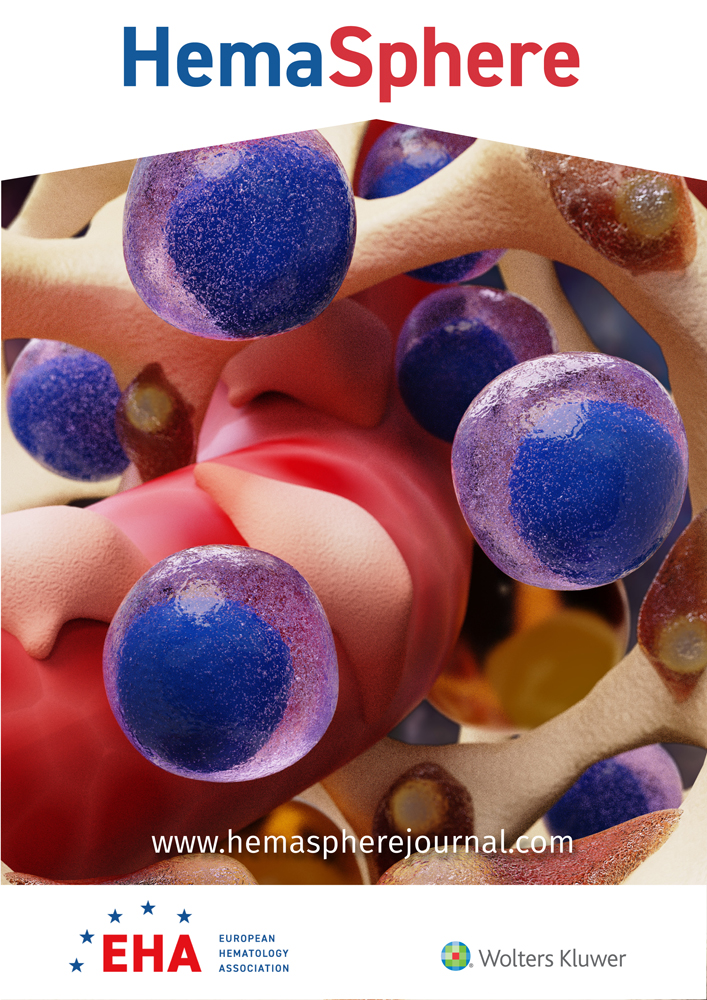Addressing Inequality of Access to Biologics: What Is Your Role? A Patient (Advocate)’s Perspective on Biosimilars
Since 2012, my quality of life has vastly improved as a result of a biologic drug which although not curative, provides, for many a normal life expectancy. However, even though it has been licensed for over 10 years, because of its prohibitive cost patients in only approximately 25% of countries benefit from it.
With the total worldwide sales of the top 10 biologicals increasing from 77 to 82 billion dollars in 20181 and biosimilars projected to cost at least 20%–30% less than reference biologics,2 my hope is that biosimilars will lead to a decrease in the price of reference products.
- More education of clinicians is needed about biosimilars: A number of clinicians to whom I spoke did not really trust biosimilars. A recent literature review3 identified that the adoption of biosimilars by stakeholders including healthcare professionals could be improved by education initiatives which explain the rationale behind biosimilar concepts and the regulatory approval pathway.
- Without clinician buy in, patients won't either: A physician is the most trusted source of information about biosimilars for patients4 with their opinion and attitude about them strongly influencing a patient's decision to use one.5 Improved clinician education about biosimilars would ultimately benefit patients because educated clinicians would be more likely to:
- take on a biosimilar trial as a study investigator;
- invite patients to participate in biosimilar trials;
- prescribe a biosimilar once available. A lack of understanding about biosimilars by prescribers creates uncertainty leading to a reluctance to prescribe.1
- Patients need consistent information about biosimilars in plain language.
- A multistakeholder approach (healthcare professionals, regulators, and patient organizations) is essential to educate patients about biosimilars using consistent information,5 for example, the “one-voice” approach used for a rituximab biosimilar.6 However a “one-size-fits-all approach” should be avoided as patients all have differing information needs. Other engaging mediums should also be utilized, for example, audio visual material.5
- Patient organizations have important roles to play as trusted sources of information such as through creation of position papers, for example, The Portuguese Society of Rheumatology position paper7 on the use of biosimilars (infliximab).
- Clinicians and patients living in countries with access to reference products and established clinical trial processes, have an ethical duty to the global patient population to assist to bring biosimilars to market.
- Clinicians clearly have difficult balances to strike: addressing patients’ unmet need; saving costs for healthcare systems; and using their positions to assist with developing more affordable treatment options for those less privileged;
- Of course, patients need to play their part too and should be given the opportunity to take part in biosimilar trials without an automatic assumption that they won't be interested. Patients care about equality of access to treatment too.
- Which country can afford not to use biosimilars? In light of the increasing cost of innovative medicines and limited government resources (especially in light of the SARS-CoV2 pandemic), it is conceivable that more governments turn to mandating the use of biosimilars in the future as happened in British Colombia in 2019.8
Patients without access to treatment as a result of prohibitive biologic costs have little option but to hope those in more privileged positions assist with the development of biosimilars. As biologics are unlikely to reduce in price, all stakeholders including patients and patient organizations have a part to play in addressing inequality of access to treatment. Increased understanding, recognition, and uptake of biosimilars is a must.
DISCLOSURES
The author has no conflicts of interest to disclose.




